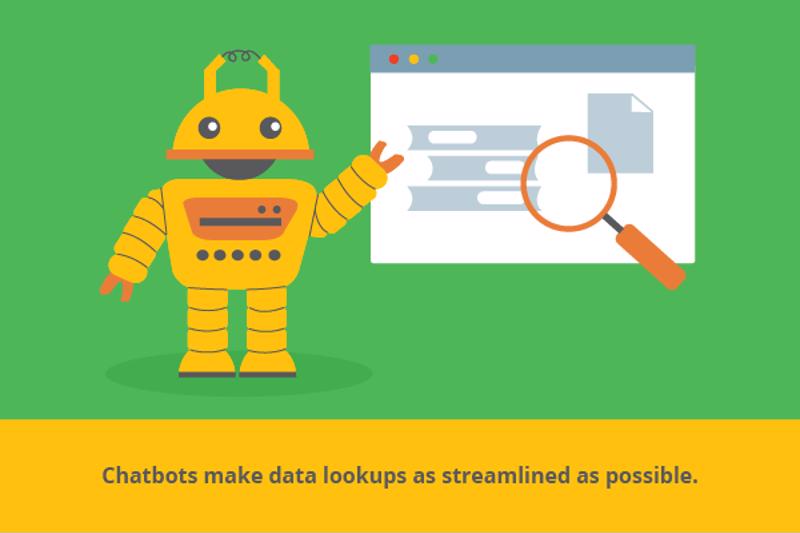What’s the most straightforward user interface you can imagine? It probably isn’t punching a bunch of buttons in a desktop application or manipulating the cells in an Excel sheet.
Think instead of something you probably do all the time: Send someone a message via a chat app or SMS. Now imagine the same workflow, only in the context of your ERP system or supply chain management (SCM) software, and you’ve got a chatbot.
When implemented well, chatbots answer the question “What if I could get a reliable answer, without having to wait on a human to reply or complete a complicated sequence of steps?”
Although a chatbot is a program powered under the hood by complex artificial intelligence (AI), it lets end users control it with simple natural language queries, such as “What’s my profit & loss by segment?” or “Can you check when my delivery is going to get here?”
Chatbots and their benefits, explained
Throughout the 2010s, chatbot implementations grew steadily and became key fixtures of customer service operations, as well as important enhancements to the usability of ERP and SCM software:
- According to a Drift and SurveyMonkey report, 78% of online customers expect a quick response (less than 5 minutes) from chatbots, which is higher than any other channel except the similar live chat.
- In March 2019, Salesforce Research projected 136% growth of AI chatbot use over the next year.
- Millennials are especially likely to have engaged with chatbots on a regular basis, to such an extent that some marketing firms have predicted that the bulk of business-to-consumer communications will be chat-based in the 2020s.
- In the context of ERP and SCM software, chatbots have become popular ways to get quick answers and simplify site navigation — two of the top cited frustrations in the Drift/Survey Monkey research.
With those benefits in mind, let’s look in more depth what chatbots can deliver for organizations in the midst of an ERP/supply chain upgrade.
1. Lower costs, higher productivity
While locating the right information on a commercial website is often difficult, it’s nothing compared to needing to hunt for something in an ERP. Multiple screens and complex filters are the norm. As a result, daily lookups are routinely time-consuming, costing companies dearly in terms of lost productivity.
In contrast, a chatbot makes such data retrieval much more streamlined. Simply typing a command or question within the chatbot’s conversational interface is usually enough to get a quick and accurate answer, so that precious time can be devoted to more value-added tasks.

2. Anytime/anywhere availability and reliability
What if you need insight into your ERP, but you’re not on-site with access to a workplace PC? Similarly, what if you’re having a technical issue but there’s no one currently available to help you work through it?
These types of scenarios are virtually tailor-made for chatbots:
- Since chatbots are purely AI-driven, they’re available around the clock and don’t normally require human intervention.
- Moreover, they’re accessible from multiple devices, including phones or tablets, since their interfaces are super simple – i.e., a conversation thread.
- Someone who’s out in a warehouse or at a remote office can pull up a chatbot to quickly and securely find what they’re looking for.
3. Superior user experience
The same frustrations that have driven many consumers toward chatbots also apply to workers who have to deal with the shortcomings of legacy ERP and SCM systems on a daily basis. They’re looking for a better user experience — and chatbots can deliver it.
Whether they need to set up alerts for a critical workflow or get on-demand access to a document such as a guide, end users benefit from the high reliability of chatbots.
Learn more about INSIA from Inspirage
Inspirage has developed its own chatbot solution, called the INSIA Digital Assistant. With INSIA, managing your new Oracle ERP/SCM has never been easier. To download the full product datasheet, visit this page today.
